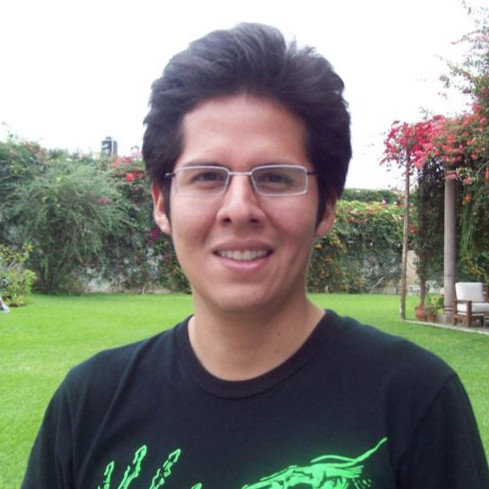Qiru
Qiru is web and mobile platform that uses blockchain technologies to add transparency and traceability to the wood industry.
Qiru is web and mobile platform that uses blockchain technologies to add transparency and traceability to the wood industry.
Illegal logging and related trade occurs when timber is harvested, transported, processed, bought or sold in violation of national or sub-national laws.
Illegal logging exists because of increasing demand for timber, paper and derivative products, including packaging.
Illegal logging not only leaves an obvious mark of destruction on forests – gaping holes where ancient trees once stood – it strips the economic livelihood of local communities and responsible companies.
There's also another cost – lost revenue that may have been generated from legal logging of forests. When trees are cut without the right permits and are smuggled abroad, governments lose out financially in several ways, including lost revenue from taxes and duties and the costs of efforts to manage illegal logging.
According to the World Bank, 80% of timber export from Peru are illegal. This number is estimated at about 90% by a report issued by U.S. government.
The current wood market is about US $240 billion out of which Peruvian exports represent only 0.06%. It is expected that by 2035 it will reach US $283 million but based of the evolution of our market it would seem that even keeping that market share could be hard. Between 2005 and 2015, wood exports from Peru remained at less than $200 million, even being reduced by 1%. On the contrary, our imports tripled, going from US $ 400 million to US $ 1,200 million. Peru has great logging potential not only because of its biophysical conditions, but also because it already has a legal framework that promotes the sector.
The word "Qiru" means wood or login in Quechua, which is the language used by the Inca, who lived in the Andes in Peru.
Nowadays, the origin of the timber is tracked manually.
We aim to create a new means of tracking timber by developing a tamper proof digital system based on Blockchain technology. Blockchain will be combined with new digital protocols for physical verification and authentication.
The latest technology associated to the "Modulo de Control del Sistema Nacional de Información Forestal y de Fauna Silvestre" (MC-SNIFFS) by SERFOR is an outstanding improvement in the tracking process in Peru. However, it is based on a central database, where data can still be easily manipulated.
Qiru would state an upgrade of SERFOR's tool as the blockchain technology allows for storing this information in a public book, tamper proof and accessible to all, allowing the consumer to verify the legal origin of the wood he acquires.
Additionally, Qiru's platform would handle the entire payment processing system through smart contracts that guarantee that the information relevant to the tracking of the wood is registered by the user as a prerequisite for payment.
Blockchain is a new technology that was first described in 1992, but the first blockchain system was build in 2008 in what it is called "Bitcoin".
A blockchain is a continuously growing list of records, called blocks, which are stored on a decentralized database and linked and secured using cryptography.
Because it is decentralized, nobody own the information, and nobody can physically connect to the blockchain and delete or modify a record.
Because blockchain is using a hashing mechanism,this make is temper proof and protect it from any possible attempt the change, delete or modify a record.
A smart contract is a computer protocol intended to digitally facilitate, verify, or enforce a contractual obligation on pre-defined terms. Since smart contracts are embedded in blockchain networks they allow and serve the performance of credible, trackable and irreversible transactions without the interference of third parties.

Blockchain Engineer

Founder of The Climate Ledger Initiative

Consultant in the Research and Development Center of Selva Alta

Managing Partner of Fledge and Asesorandes

Assistant Professor at Universidad del Pacífico
We are looking to partner with any organization to build this eco-system
Av. Pardo y Aliaga 540
San Isidro, Lima 15073
Peru